Grand River Suzuki School Policy
- Please arrive 5 minutes early, enter quietly, and prepare your violin, books and notebook. Parents, please stay off your devices during the lesson if possible. Phones should be on silent.
- Bathroom breaks and snacks should be taken care of before entering the studio. Please bring water for your child. My bathroom is for emergencies only.
- If anyone in your family has cold, cough, flu or covid symptoms, please do not come to your lesson. We can have an online lesson instead if the students feels up for it.
- If you cancel a lesson for any reason (sickness, travel, scheduling conflicts etc…) that lesson will not be made up. Your fee reserves your time slot and if you don’t attend I can’t make use of it for another student.
- If I have to cancel your lesson, we will make it up at a mutually convenient time.
- If I am sick but still able to teach, your lesson will be online that week.
- Lesson fees are due at the beginning of each term. Please mark your calendars.
- Should you discontinue lessons, there will be no mid-term refunds.
- Students are encouraged to participate in group class and music festivals.
- Registering with the GRSS means you have chosen the Suzuki approach to violin lessons. Please familiarize yourself with the following Suzuki method principles.
Suzuki Method Principles
- Daily listening to the Suzuki recordings and recordings of other pieces being studied is the foundation of the method and the reason it works so well. It is the parent’s responsibility to make sure this happens. Recordings are available on CD or digital download.
- Group Class is an integral part of Suzuki education. Students who attend group are motivated by peers and new experiences. They learn fundamental skills which can only be developed in a group setting. We play in unison, prepare for performances, have book graduations, concerts and solo recitals.
- The participating parent attends all lessons with their child. They are asked to observe the lesson silently and take good detailed notes in a designated notebook. There are many reasons that paper is preferable to electronic note-taking. Older students who come by themselves need to bring their own notebook to write in. The best time for questions or discussion is at the beginning of the lesson.
- Consistent home practice is essential to your child’s musical development and motivation. Practice makes it easy. When children develop ease in their playing they enjoy it and are motivated to practice and excited to learn!
